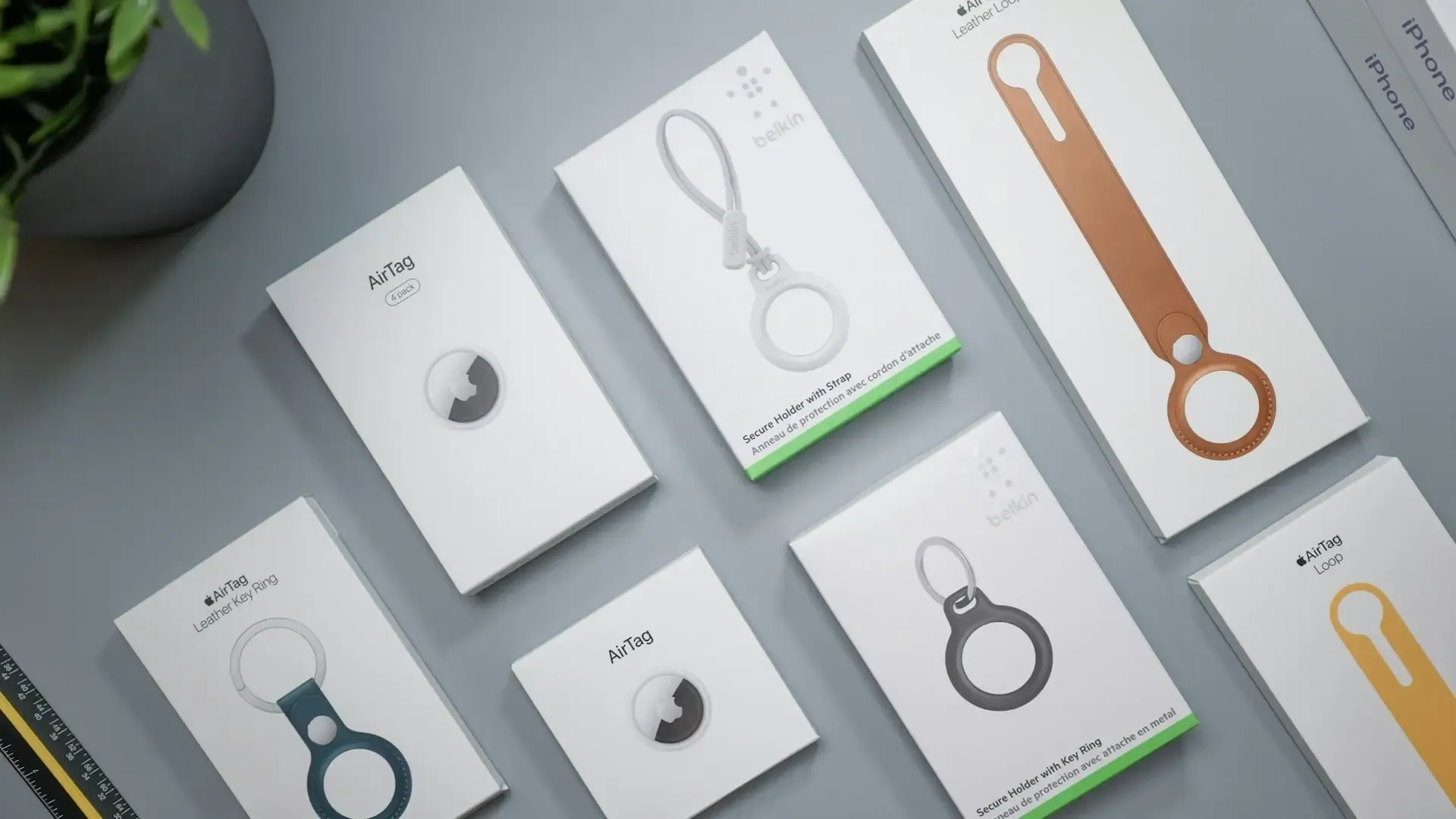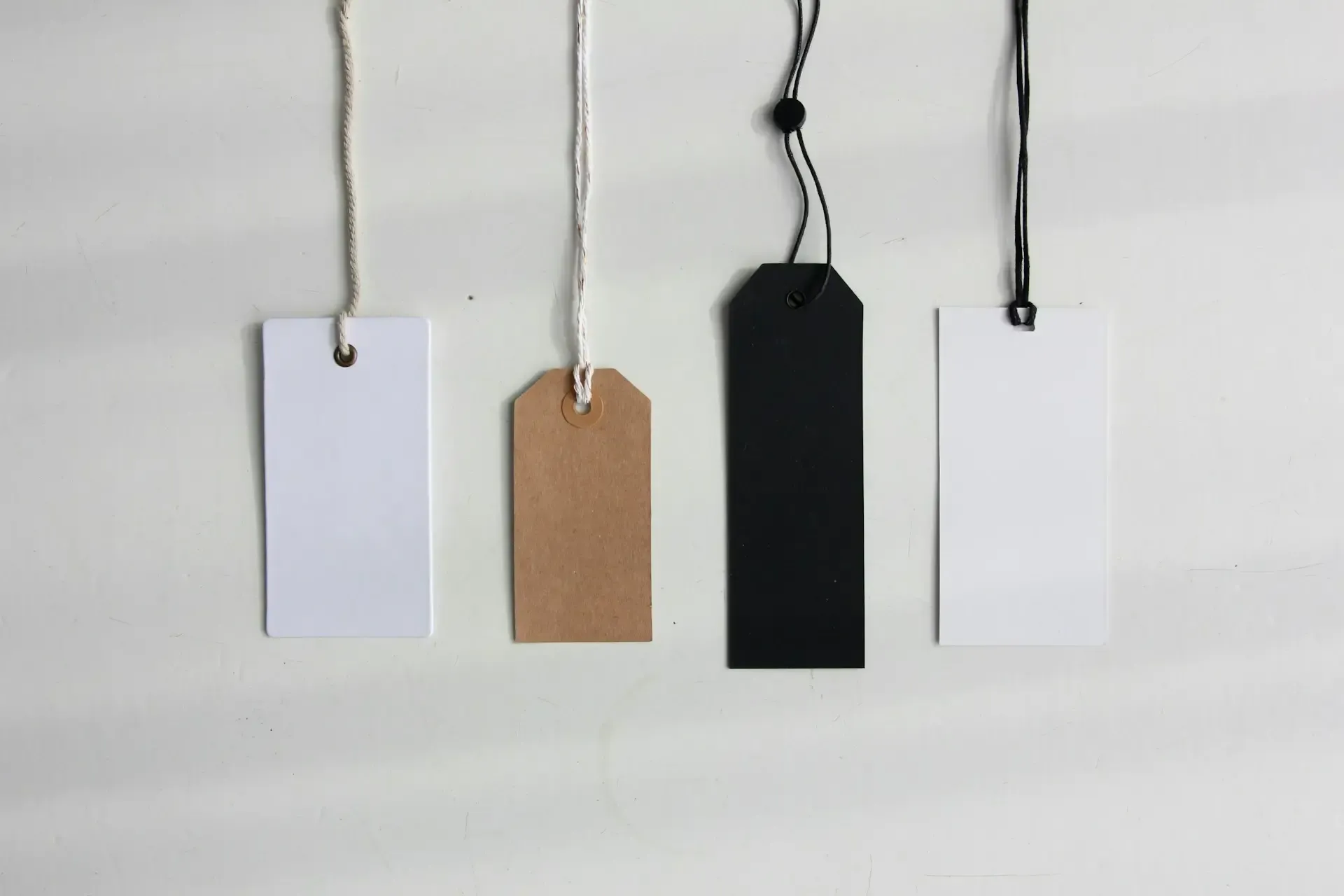Losing your keys, wallet, or bag can turn a calm day into chaos. That is where smart trackers come in. These tiny devices have become essential tools for those who value convenience and peace of mind. Apple AirTags are among the most popular trackers available today, but other brands such as Tile and Samsung also offer strong alternatives.
Choosing the right one depends on your ecosystem, budget, and the features you prioritize. Let us dive into how Apple AirTags compare with the competition and see which tracker truly finds it all.
Design and Build Quality
Apple AirTags are compact, circular devices with a polished stainless-steel back and plastic front. They are minimal in aesthetic and feel sturdy; the IP67 rating ensures resistance to dust and immersion in 1 meter of water for up to 30 minutes. AirTags do not include a built-in attachment hole or keyring; to attach them to keys or bags you need to buy accessories. The finish is premium and weight is modest, making them comfortable in pockets or bags.
Comparison with Competitors
Tile trackers (such as Tile Pro or Tile Mate) come in square or rectangular form with built-in holes or slots for keyrings. Their materials are often plastic; build feels less premium but practical and lighter. Samsung’s SmartTag2 retains a built-in loop or attachment point, uses durable plastics, has a robust feel, and is IP67 rated in many models similarly to AirTag.
| Feature | AirTag | Tile Pro / Mate | Samsung SmartTag2 |
|---|---|---|---|
| Shape | Circular | Square / Rectangular | Square with loop |
| Attachment built-in | No | Yes | Yes |
| Material | Stainless steel back + plastic front | Mostly plastic | Durable plastic / reinforced areas |
| Water & dust rating | IP67 | Water resistant; lower or unspecified in many models | IP67 in many SmartTag2 variants |



